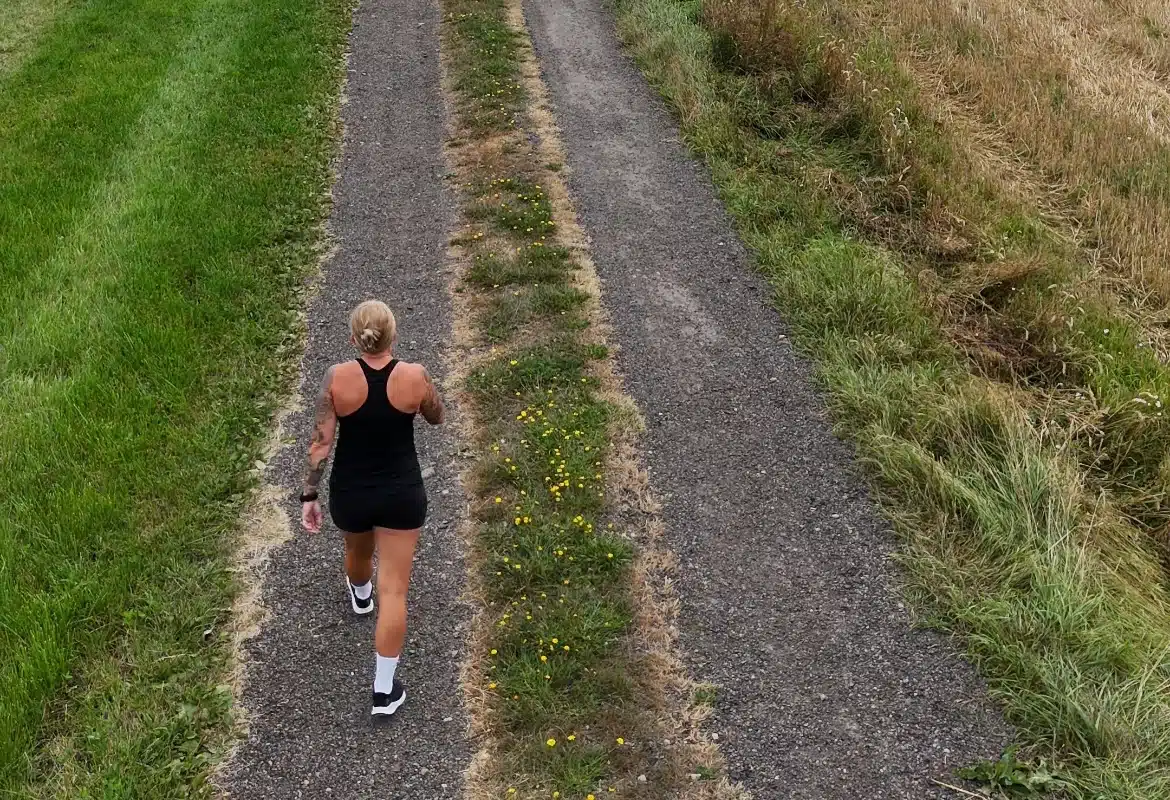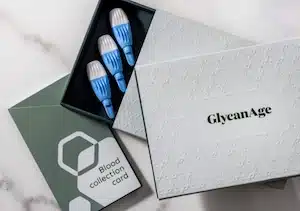
Why NEAT Movement Matters More Than You Think
Beyond the Gym: Why Daily Movement Is Key
We often think of health in terms of workouts: an hour at the gym, a run in the park, or a yoga class. But what if the real secret to longevity lies in what you do outside of those structured sessions?
This is where NEAT comes in — Non-Exercise Activity Thermogenesis. In simple terms, NEAT is all the energy you burn during daily activities that aren’t formal exercise: walking, cooking, gardening, even fidgeting. And according to research, it may be just as — if not more — important than your workout.
Why Sitting Is the New Smoking
A sedentary lifestyle is one of the greatest threats to long-term health. Studies show that prolonged sitting is linked to higher risks of heart disease, diabetes, obesity, and premature death. Even if you exercise regularly, spending the rest of your day sitting still can undo many of the benefits.
I went to the Health Optimization Summit in London this fall, where many of the industry’s leading voices shared their insights on longevity and performance. Among them was Dr. Karan Rajan, who made a point that really stuck with me: Walking throughout the day is healthier than going to the gym for one hour and then sitting for the rest of the time. His words reinforced what I already knew from experience — that daily, consistent movement is just as critical as structured workouts.
The Surprising Benefits of Walking
Walking isn’t just “light exercise” — it has powerful effects on your cardiovascular system. Every step activates your calf muscles, which work like a “second heart” by pumping blood back to your upper body. This helps flush out excess LDL cholesterol, improving circulation and lowering cardiovascular risk.
For women in my age group, walking is also a powerful tool because it’s a low-impact exercise that boosts metabolism without spiking cortisol or putting stress on the joints. Combined with strength training, it has become one of my absolute go-to practices for navigating perimenopause with energy and resilience.

GlycanAge Biological Age Test
Offer: Use code HACKS4 for 10% off your test
How old are you really? Chronological age is just a number — your biological age reveals the truth about how your lifestyle is affecting your health and longevity.
With GlycanAge, you can track changes in your biological age through a simple at-home test that measures inflammation and immune system health via glycans.
It’s the perfect way to see how habits like daily walking, breaking up sedentary time, and strength training impact your long-term health. Take control of your health journey and get personalized insights to help you live younger, longer.
My Own NEAT Hack: A Walking Pad
I’ve recently invested in a walking pad, and it’s been a game-changer. Using it while I work makes it easier to break up sitting time, avoid stiffness, and increase my daily step count.
Even on rest days, I can easily hit 10,000 steps without having to schedule long walks outside of work. For me, it’s been one of the most practical biohacks to reduce sedentary time and support overall health.
How to Boost Your NEAT Daily
Here are simple ways to add more NEAT into your life:
– Take the stairs instead of the elevator.
– Walk or cycle for short errands.
– Stand up during phone calls.
– Do light stretching or bodyweight moves during breaks.
– Consider a walking pad for your home office.
These small shifts add up — and they can make a bigger impact on your health than occasional intense workouts.
Final Thoughts
Movement doesn’t only happen in the gym. It happens in the thousands of little choices you make every day — to sit or to stand, to walk or to drive, to rest or to move.
By prioritizing NEAT, you’re giving your body the chance to thrive. Whether it’s a walking pad, more steps outside, or simply breaking up long hours at the desk, every movement counts.



